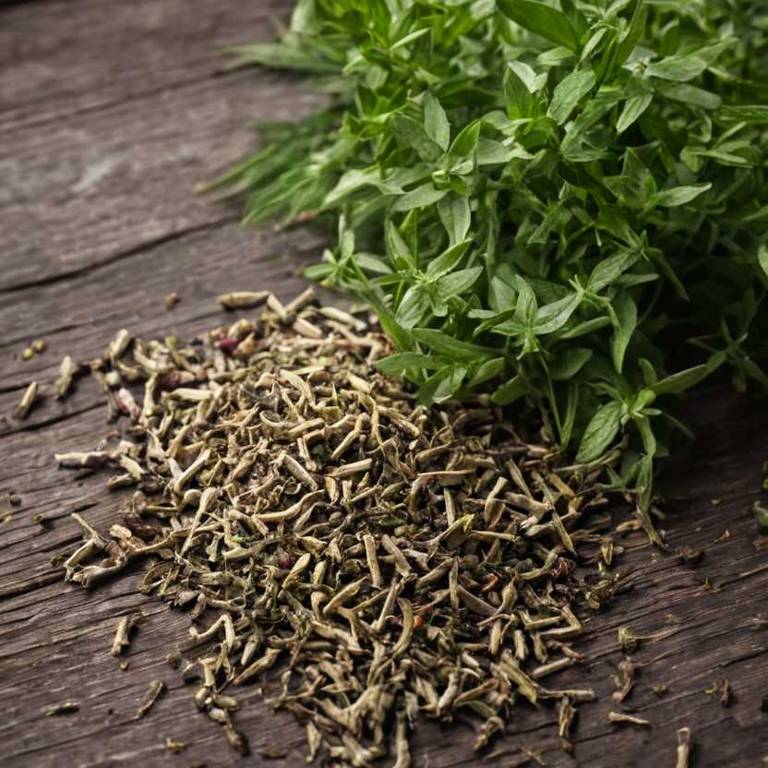Polygonum Aviculare: What To Know Before Using It For Medicinal Purposes

Polygonum aviculare, commonly known as knotgrass, has been traditionally used in herbal medicine for its potential therapeutic properties.
It contains various bioactive compounds such as flavonoids, tannins, and alkaloids, which may contribute to its medicinal effects. In folk medicine, it has been employed to treat ailments like diarrhea, inflammation, and skin conditions due to its astringent and anti-inflammatory properties. Modern research suggests that Polygonum aviculare may possess antioxidant and antimicrobial activities, supporting its historical use in health remedies.
However, further scientific studies are needed to fully validate its efficacy and safety for medicinal applications.
Health Benefits
Polygonum aviculare has several health benefits, such as its rich content of antioxidants that help protect the body from oxidative stress and reduce the risk of chronic diseases.
It is known to support digestive health due to its high fiber content, which can aid in regular bowel movements and improve overall gut function. Additionally, it may help in managing diabetes by regulating blood sugar levels due to its hypoglycemic properties. The plant also contains anti-inflammatory compounds that can reduce inflammation in the body, potentially benefiting individuals with inflammatory conditions.
Furthermore, Polygonum aviculare is traditionally used in herbal medicine for its potential to enhance immune function and promote overall well-being.
10 Best Health Beneift of Polygonum aviculare
Bioactive Constituents
Polygonum aviculare has several bioactive constituents, such as flavonoids, tannins, alkaloids, and polyphenols, which contribute to its medicinal properties.
These compounds exhibit antioxidant, anti-inflammatory, and antimicrobial activities, making the plant valuable in traditional and modern medicine. Flavonoids, in particular, are known for their ability to neutralize free radicals and protect cells from oxidative damage. Tannins in Polygonum aviculare have astringent properties that can aid in wound healing and gastrointestinal health.
Alkaloids and polyphenols further enhance the plant's therapeutic potential by modulating various biochemical pathways in the body.
Medicinal Preparations
Polygonum aviculare has several medicinal preparations, such as teas, tinctures, and topical salves, which are traditionally used to address a variety of health concerns.
A common method involves preparing a herbal tea by steeping the dried leaves and roots in hot water, which is believed to help alleviate digestive issues and reduce inflammation. Tinctures made from the plant are often used to support kidney function and promote urinary health due to its diuretic properties. Additionally, the plant is sometimes applied topically in the form of poultices to treat skin conditions and minor wounds.
These preparations are valued in both traditional and complementary medicine for their potential therapeutic benefits.
Side Effects
Polygonum aviculare can have some side effects, such as gastrointestinal discomfort, including nausea, vomiting, and diarrhea, particularly when consumed in large quantities.
Allergic reactions may also occur in individuals sensitive to the plant, leading to skin rashes or respiratory symptoms. Prolonged use may interfere with certain medications due to its potential diuretic and anticoagulant properties. In some cases, it may cause liver or kidney damage if ingested over extended periods.
It is important to consult a healthcare professional before using Polygonum aviculare for medicinal purposes.